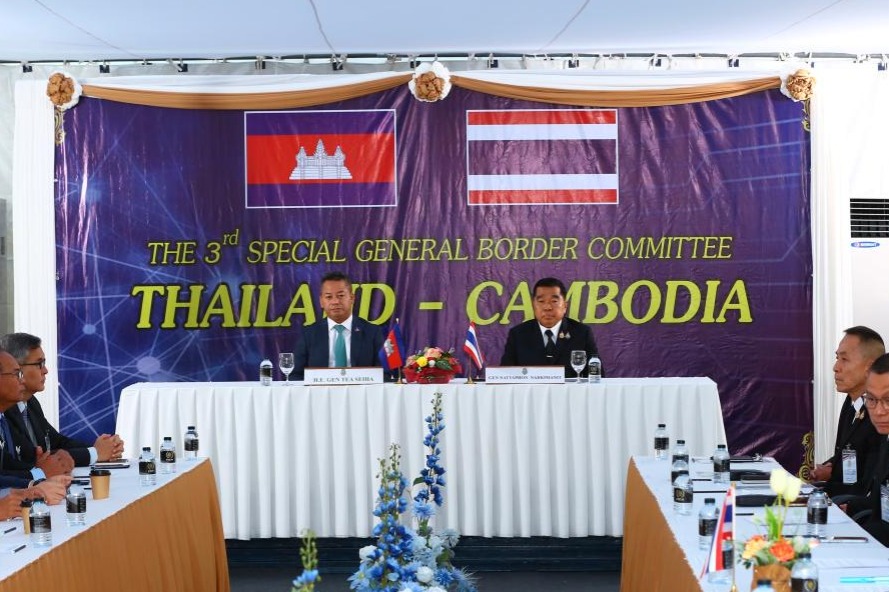Upgraded Sino-Saudi partnership to benefit both sides


Early December witnessed an important visit by President Xi Jinping to Riyadh, the capital of Saudi Arabia, for extensive talks on energy, economy and regional stability.
It is well known that Chinese imports and the overall trade volume with China have been sitting at the top in the Saudi Kingdom for around a decade. However, trade itself does not indicate a strong signal for shifting foreign policy as China is the top exporter in the world. Trade volume might hint at a dependency if it has certain characteristics like the lack of versatility in the import or export values.
Saudi Arabia's imports from China include goods in a wide range of areas, such as mobile communication, furniture and railway transportation. Thus, it is hard to say that Saudi Arabia has become more dependent on China. The Chinese side of the trade is mostly crude oil, covering more than 97 percent of the total imports. This statistic might be seen to indicate a dependency on the Saudi side, as it becomes clear that Saudi Arabia does not have anything other than oil to offer for large volumes of trade in this dynamic.
This might be the notion behind the Saudi reach to China for further collaboration and partnership building. For almost a decade, the Saudi leadership has opposed the international stigma of oil providers and luxury spenders. The grand strategy they have announced as Vision 2030 foresees export versatility and reduces oil exports' share in overall volume to below 50 percent.
This is only achievable with partners open to sharing the know-how in industries and co-manufacturing processes to institutionalize the production experience for the Saudi labor market. Saudi Arabia's next-generation leadership seems to have grasped the value of production for a stable economy in the long term.
The focus has been on holistically transforming the Saudi economic sphere into a better organized, managed and sustained form.
Nevertheless, it still seems pretty optimistic to argue about the chance of a Saudi Arabian GDP with less than 50 percent oil production. However, the main idea is that the kingdom is not joyful about a "petrodollar" — crude oil export revenues denominated in US dollars — deal that was lucrative in its initial sense.
Saudi Arabia is not the only party with potential gains from this equation. The innate hierarchical leverages of great power interactions might not be implied as China would let this reciprocal development flourish.
Most scholars and analysts tend to bring this movement to the end of the spectrum with narratives over challenging the international system that the Western powers built. However, China emphasizes the Shanghai Spirit at every chance of an international gathering, especially at the most recent Shanghai Cooperation Organization summit a few months ago.
Shanghai Spirit embodies mutual trust, mutual benefit, equality, consultation, respect for diversity of civilizations and pursuit of common development. These collaboration activities do not directly challenge the international system from its roots.
On the contrary, even if these alignments move the international setting in a more China-positive direction, this will be a more peaceful change rather than having global wars.
China has been in search of a nonpolitical resource of oil for a long time. Saudi Arabia is taking on this role to provide a stable energy source with an economy robust enough to survive tides and disturbances.
This is also valid for political terms as well. Saudi Arabia may be the least-affected country in the Middle East by internal unrest, posing a potential for political stability. When both the political and the economic circumstances are brought together, Saudi Arabia might be one of the most nonpolitical and reliable sources of oil trade.
These conditions provide a plethora of potential developments for the two parties to utilize. Both China and Saudi Arabia will rejoice in higher trade volumes and stabilized ways of benefit for more foreseeable markets. The Saudi Kingdom will enjoy having freedom over the oil earnings rather than investing in a specific country with complications.
On the other hand, China will protect itself from market volatility with an established and maintainable source of energy with a reliable trade partner. Sino-Saudi ties might stick to this nonpolitical agenda and maintain the benevolent mood through energy trade.
Another option to consider and observe is how these two powers start building on their upgraded strategic partnership in the new era. The regular summits between the two sides will reveal more about their mutual development and progress in the coming years.
The author is a research assistant at the Sakarya University Middle East Institute in Turkiye.

































